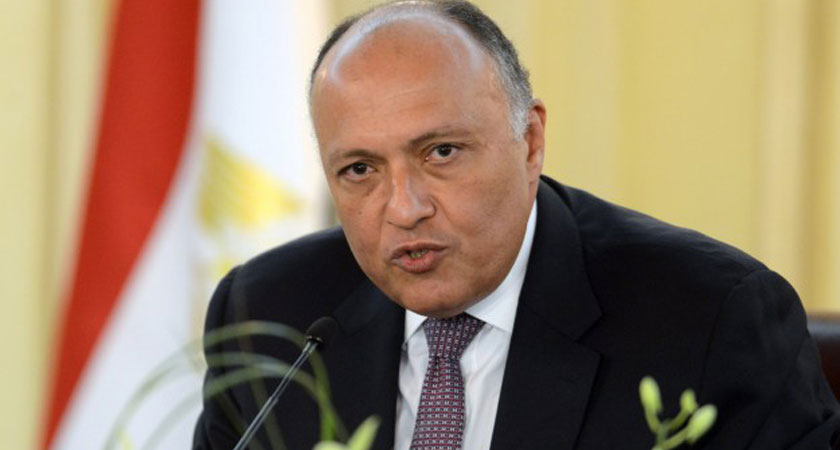CAIRO: In the late 1970s, Egypt’s population was 40 million. Three decades later, it has nearly doubled and experts warn that if the government does not reduce the growth rate, the population could reach 150 million by 2050. It’s no surprise that earlier this month, the Ministry of Health announced a LE 400 million effort, officially known as the Family Planning Campaign, to convince Egyptians to have less children.
However experience has shown that it’s one thing for government experts to develop a message, but it’s another thing altogether to convince Egypt’s lower classes, the nation’s most prolific reproducers, that this message is important.
The campaign must thus overcome many deeply ingrained social attitudes that are impediments to family planning, says Somaya Al-Saadani, Associate Professor in the Department of Demography and Biostatistics at the Institute of Statistical Studies and Research at Cairo University.
“Many Egyptian women want to plan their families but do not do so because they are influenced by false rumors.Some think [that the loop] will cause bleeding. Another rumor is that the pill causes infertility, says Al-Saadani, emphasizing the importance of educating women about the medical realities of family planning.
According to Al-Saadani, another problem is that Egyptians believe that the ideal family must include a son.
“The ideal family is made up of mother, father, son and daughter, and so many couples will keep having children until they get a son. We need to send the message across that two girls is also good.
Apart from the large posters placed all over the city, Dr Abdel Rahman Shaheen, the Health Ministry’s official spokesman, says the campaign will include TV and radio advertisements.
Ten spots will run per day on all national radio stations and initially eight to nine commercials will run daily on channels One, Two and Dream Two. But in the future, the ministry will expand its advertising to include Channels Five, Six and Seven which reach the Delta and Upper Egypt.
Shaheen emphasizes that the program is only in its initial phase. In two years the ministry will evaluate its effectiveness to make the necessary adjustments.
However other experts caution that social marketing might not be as effective as it once was. Before the satellite era, the government could be certain that a high percentage of people would get the message in any social marketing effort. “With only three channels, there was very high viewership but now with satellite TV there is more competition, says Ibrahim Al-Kerdany, spokesman for the World Health Organization’s Eastern Mediterranean Office.
Al-Kerdani and Al-Saadani emphasize that the campaign must include significant face-to-face communication between NGOs and women in the target population.
According to the Shaheen, this is a major part of the campaign. The government has expanded a program enlisting a group of 13,000 female volunteers, who visit women in rural areas to educate them about family planning.
Personal meetings between these government sponsored volunteers and Egyptian women are necessary to overcome “the influence of religious extremists who argue that family planning is essentially a Western concept and that God will provide for one’s children, however many they are, says John Bradley, author of the recently published Inside Egypt: The Land of the Pharoahs on the Brink of a Revolution.
“As we’ve seen with the campaign to outlaw female circumcision, social norms and religious sanction prove to be far more powerful influences at the grassroots level than government decrees and Al-Azhar-issued fatwas, he says.
Al- Saadani agrees that the influence of uneducated ultra-conservative clerics in poor regions is an impediment to changing attitudes about family planning. But Shaheen believes that enlightened religious people, in both churches and mosques, will play a significant role.
Perhaps the campaign’s biggest challenge is to overcome public skepticism.
“The main problem with any official campaign on any issue these days in Egypt is the vast gulf that separates the people and the government, adds Bradley. “The people do not trust what the government says, even if they realize that the message being disseminated serves their interests.
Adel, a 30-year-old cab driver, who did not wish to reveal his last name, agreed that something has to be done about Egypt’s population problem.
However, he dismissed the media campaign as ineffective, saying that unless the government makes a greater effort to create jobs or fix a poor education system, no one will listen to its family planning advertisements.

